A structured governance
The Executive Committee
It is elected by the Board of Directors and brings together seven people who ensure the smooth running of the Institute.
The Executive Committee
It is elected by the Board of Directors and brings together seven people who ensure the smooth running of the Institute.
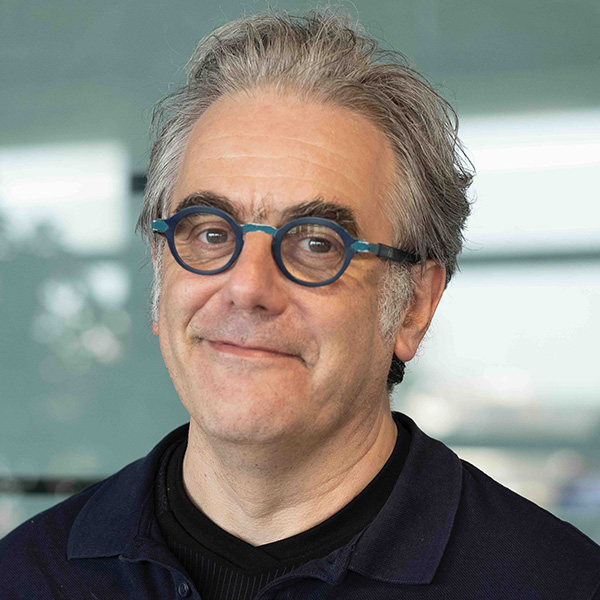
Jean-Charles Duclos-Vallée

Jean-Charles Duclos-Vallée is an University Professor in the Faculty of Medicine at Paris-Saclay University, a hospital practitioner in hepatology at the Centre Hépato-Biliaire at the Paul-Brousse Hospital, the Head of the joint research unit U1193 Inserm / Paris-Saclay University, the coordinator of the FHU Hépatinov.
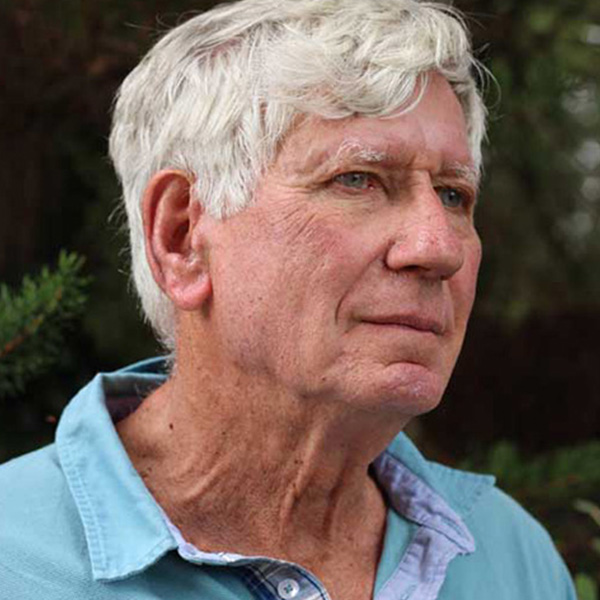
Dominique Franco

Dominique Franco is Professor Emeritus at Paris-Saclay University, the former head of the surgery department at the Antoine-Béclère Hospital, the former head of the translational hepatology unit at FHU Hépatinov. He chaired the National Academy of Surgery. He is a teaching advisor at the Institut Pasteur. He was the first Chairman of the French Institute of BioFabrication.
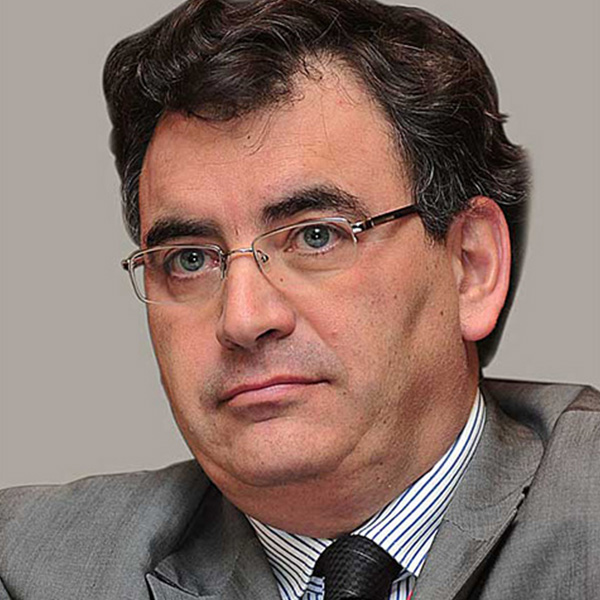
Didier Samuel

Didier Samuel has been Chairman and CEO of Inserm since the 1st of February 2023. He was previously Professor at the Faculty of Medicine of Paris-Saclay University, of which he was the Dean ; the Head of the hepatology and hepatic resuscitation unit of Centre Hépato-Biliaire and the Head of the Liver-Cancer Center at Paul-Brousse Hospital and the Head of the joint research unit U1193 Inserm/Paris-Saclay University.
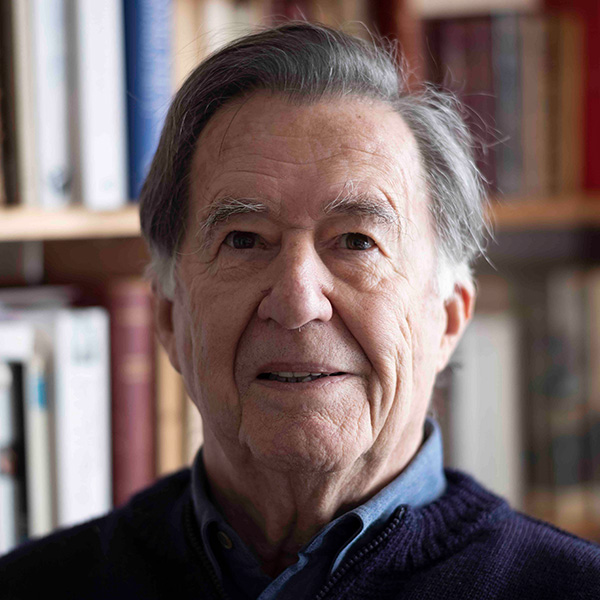
Philippe Bouilloud

Philippe Bouilloud is a graduate of the Ecole des Mines de Paris and a former engineer.
Philippe worked in the nuclear, petroleum, chemical and pharmaceutical industries and in design, operation, analysis and control functions.
His activities led him to the United States, Africa and the Middle East.
He is a founding member of IFBF?
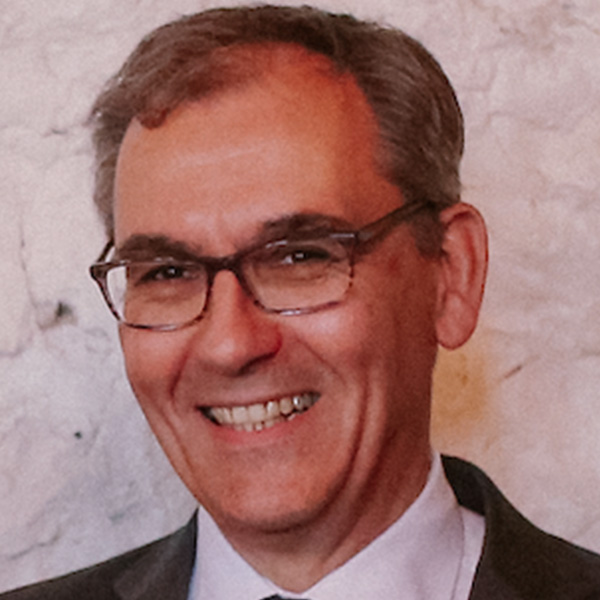
Etienne Bur

Etienne Bur graduated from HEC.
Etienne spent 30 years in banking and market finance and managed businesses established in the major global financial centers.
He worked in Paris, London and Tokyo.
In 2014, he joined the team that founded IFBF and then became the project manager of RHU iLite and that of FHU Hépatinov.
The Scientific Committee
It is made up of members of the Institute responsible for research programs and personalities recognised for their expertise in the fields of biofabrication.
The Scientific Committee
It is made up of members of the Institute responsible for research programs and personalities recognised for their expertise in the fields of biofabrication.
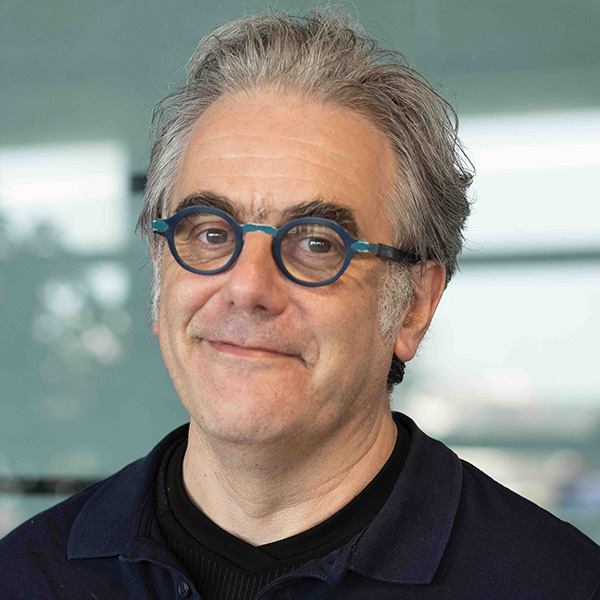
JC Ducos-Vallée

Jean-Charles Duclos-Vallée is an University Professor in the Faculty of Medicine at Paris-Saclay University, a hospital practitioner in hepatology at the Centre Hépato-Biliaire at the Paul-Brousse Hospital, a director of research at the joint research unit U1193 Inserm / Paris-Saclay University, the coordinator of the FHU Hépatinov, the scientific manager of the iLite project.
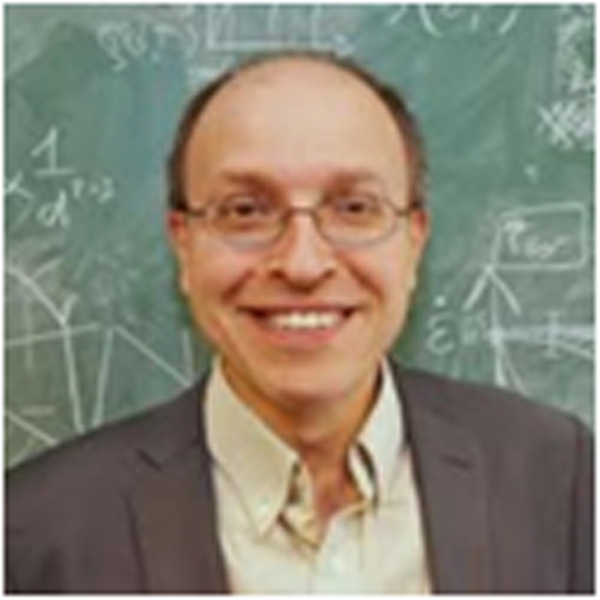
Abdul Barakat

Abdul obtained a Ph.D. in biofluid mechanics from MIT in 1994.
His research interests are arterial fluid mechanics and mass transport, vascular cell engineering, and endovascular devices.
He is a former recipient of the Pfizer-Parke Davis Atorvastatin Research Award (2001), a winner of a permanent Chair from the AXA Research Fund (2010) and an elected Fellow of the American Institute for Medical and Biological Engineering (2014).
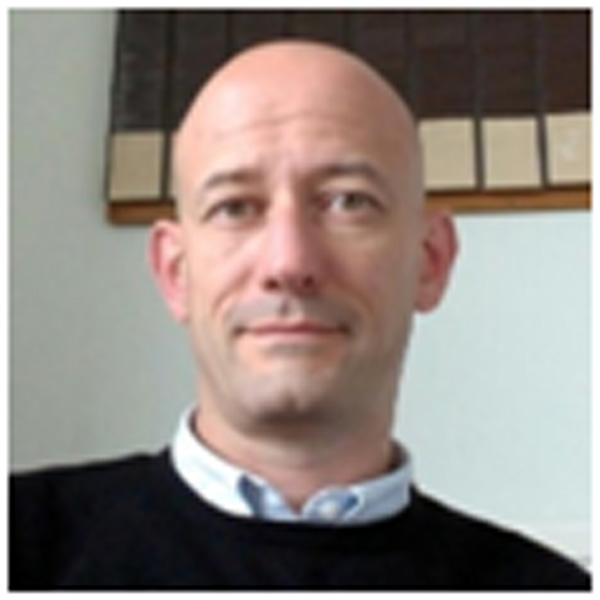
Sébastien Banzet

Sébastien is MD (1996) and obtained aPh.D in physiology, pathophysiology and pharmacology from Grenoble University.
His research, both basic and applied, is in the field of skeletal muscle and tissue repair, biomarkers, mesenchymal stromal cell therapy.
Associate Professor at Ecole du Val-de-Grâce, he teaches physiology and has an advisory role for medical issues related to physical activities and muscle injuries in the military.
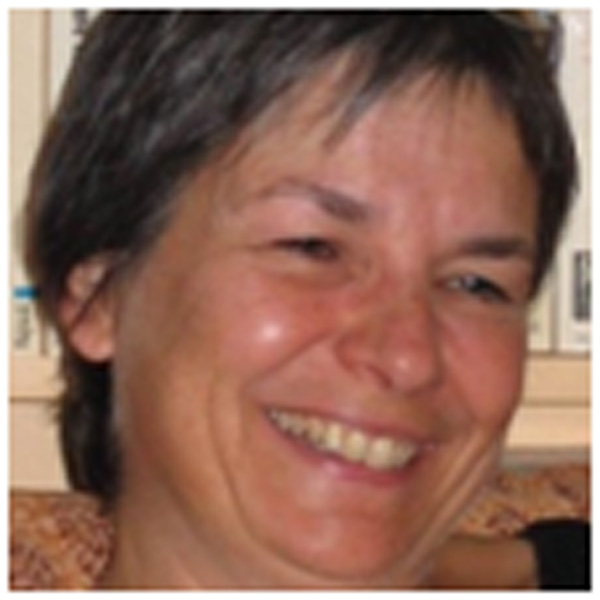
Anne Dubart-Kupperschmitt

Anne is MD (1979), MSc (1982) in Molecular Biology and obtained her HDR (2001) from Université de Paris.
She has always been interested in stem cells, stem cell fate and differentiation in relation with gene and cell therapies. Her research fields are presently focused on human pluripotent stem cells and their differentiation into hepatic cells to develop fully functional liverorganoids with the aim of modeling liver disease and setting up cell/gene therapy approaches including liver tissue bioengineering.
She is a former recipient of the THERMO-Jouan award in biotherapy (2005). She is currently a member of “Ateliers Inserm” and of the Inserm Ethic Committee and sat on the Inserm Scientific Avisory Board (2003-07) and the High Council for Biotechnologies at the Ministry of Research (2003-14).
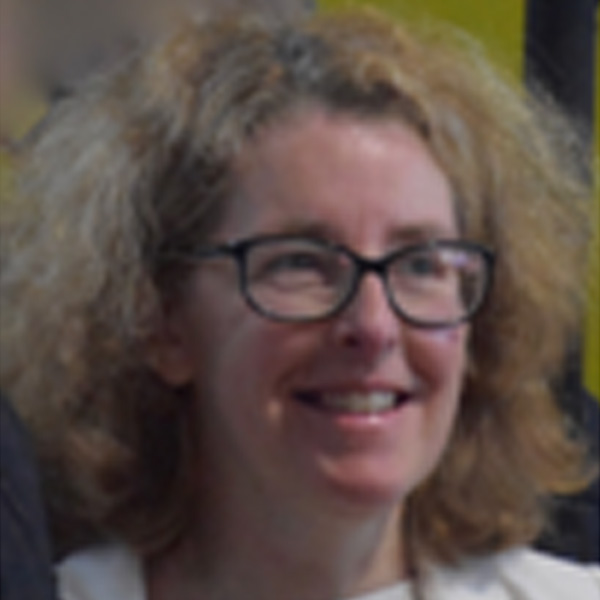
Cécile Legallais

Cécile obtained a MSc in mechanical engineering (1990) from ENSMA and a Ph.D in Biomedical engineering from UTC (1993).
Cécile has focused her research on the design and characterisation of (bio)artificial organs, dynamic culture systems based on the understanding of materials behavior, fluid dynamics and mass transfer. She has worked on an external bioartificial liver for 20 years, dealing with the microencapsulation of hepatic cells in alginate beads.
She was awarded a Bronze Medal by CNRS in 2003. She sat as Chair of the European Society for Artificial Organs (2017-2019).
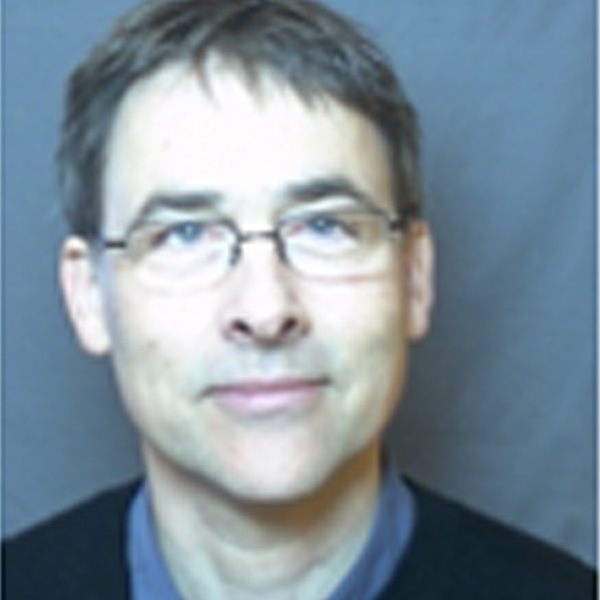
Bruno Le Pioufle

Bruno obtained a PhD in Physics at Paris SaclayUniversity (1991)
He has been working on the conception of bio-medical purpose microsystems, in particularmicrofluidic biochips for the monitoring and treatment of cells or cell components (cell handling using dielectrophoresis, cell electroporation, microfluidics, surface functionalization…).
Bruno spent four years at the University of Tokyo and was head of LIMMS, a CNRS/University of Tokyojoint-laboratory.
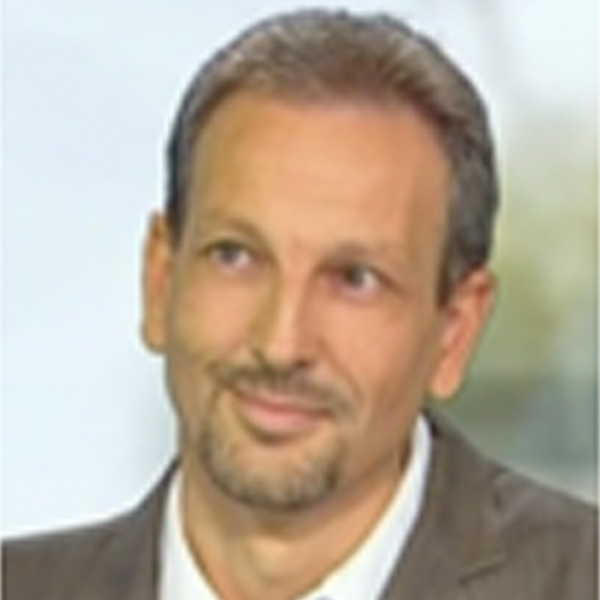
Didier Letourneur

Didier obtained a MD in Material Sciences and a Ph.D in Chemistry from Université Sorbonne Paris Nord.
Didier is actively involved in biomaterials of which pullulan-dextran polymers showing versatility in terms of modelling and suitable mechanical and optical properties.
Inventor of 18 patents, he founded in 2016 SILTISS for the development of innovative implants from polysaccharide-based materials.
He won several prizes of which the G. Winter Award, the highest distinction from the European Society for Biomaterials in 2016, and in 2017 the Asian Polymer Association Jubilee Award. He sat on the French Council for Health technologies. He is President of BIOMAT, French Society for Biomaterials and of the Inserm committee on Health Technologies & Social Sciences.
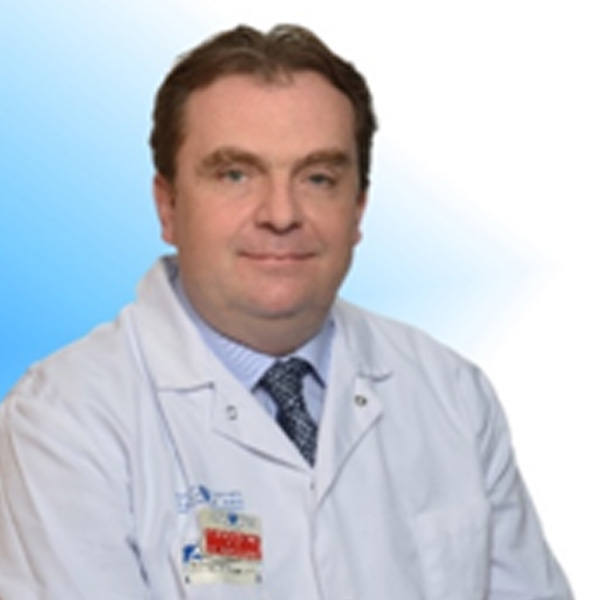
Emmanuel Martinod

Emmanuel obtained a Medical Doctor (MD) degree in 1999 and a Ph.D in 2003.
Emmanuel leads experimental and clinical research on tracheal transplantation using stented aortic matrices.
He received the Academy of Medicine Award (2004), the Academy of Science Award (2008) and the Academy of Surgery Award (2019). He also received the Prix Galien for Medical Innovation, France (2018) after the JAMA publication reporting the first human applications of this innovative approach to airway transplantation.
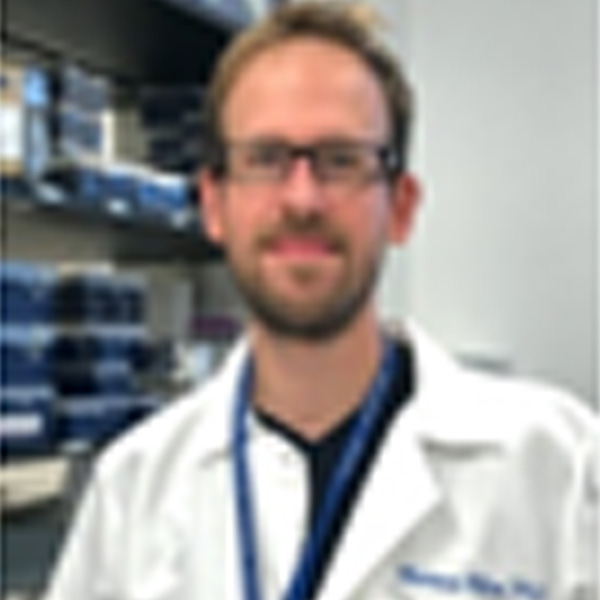
Maxime Mahé

Maxime obtained his Ph.D in Neurogastroenterology at the University of Nantes (2012).
Maxime’s research focuses on the use of human pluripotent stem cells to generate human tissues and in particular to understand intestinal development and gastrointestinal diseases. In addition, his group develops organoid-based strategies that are used to create functional intestine in conjunction with microbiota and nutrients.
Maxime earned several distinctions including a Rising Star Award from the United European Gastroenterology (UEG).
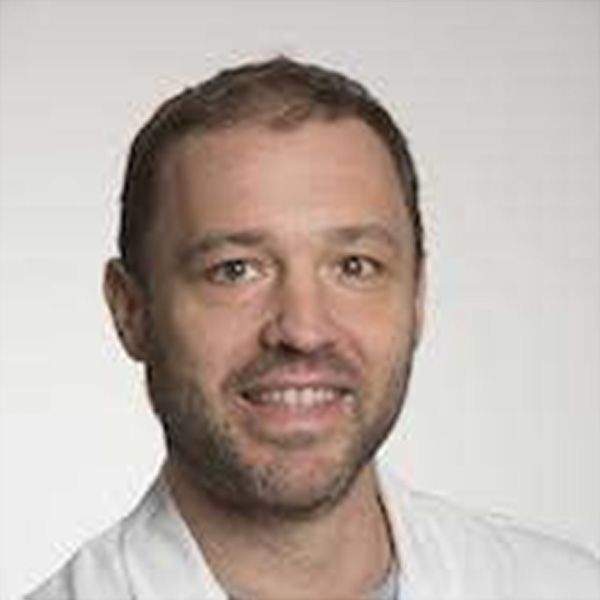
Olaf Mercier

Olaf completed his medical training in 2000.He subsequently trained in General Surgery, Cardiac Surgery, Vascular Surgery and Thoracic Surgery followed by fellowship training at Paris-Saclay University and the University of Toronto for extended surgeries of thoracic cancers, surgery of pulmonary hypertension and lung transplantations. He joined the faculty at the Marie-Lannelongue Hospital in 2006.
Olaf’s clinical practice in thoracic surgery is based at Marie-Lannelongue Hospital. His current practice deals with lung cancer, mediastinal tumors, airway surgery and lung transplantation. His specific research interests are in right ventricle physiology, ex-vivo lung perfusion, lung transplantation and development of medical devices for thoracic surgery.He is the scientific coordinator of Bioart-Lung, a university hospital research project aiming at devising a portable bioartifical lung.
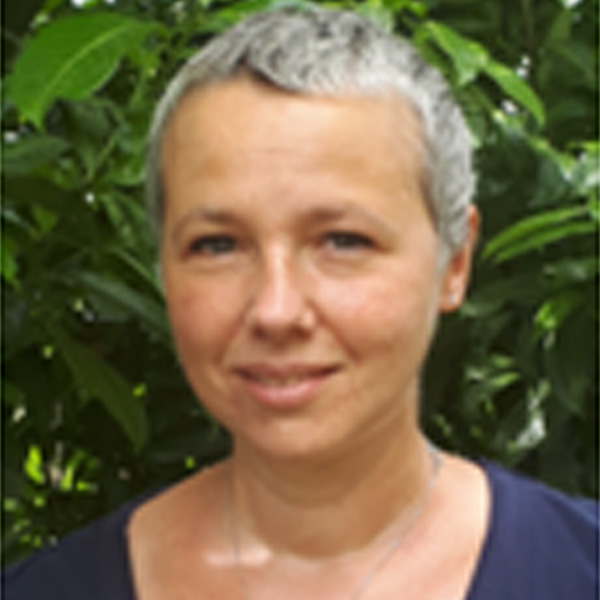
Stéphanie Pitre-Champagnat

Stéphanie trained in Fundamental Physics at the University of Paris, obtained a Ph.D in Nuclear Physics (2002) and passed her Authority to Supervise Research in the field of medical imaging (2019).
For more than ten years, her research activities have focused on the instrumental development of preoperative radioisotope imaging systems. Since 2011, she has been conducting research in the BIOMAPS laboratory aimed at evaluating the heterogeneity of tumor vascularization by combining ultrasound contrast imaging and microfluidic flow modeling.
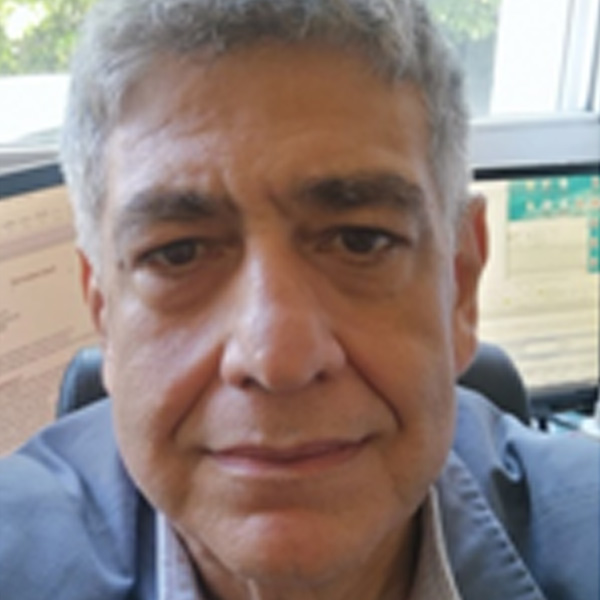
Georges Uzan

Georges obtained a MD incellular interactionsand aPh.D in Molecular Biology from Sorbonne Université (2004).
His main research areas are stem cell biology (hematopoietic and vascular stem cells, models of embryonic stem cells and iPS, interactions between stem cells and their niches), vascular biology (circulating endothelial progenitors, cell therapy of ischemic diseases, aging of the vascular system) and cancer (circulating tumor cells, cancer stem cells, tumor niches, tumor vascularization).
Inventor of 7 patents, Georges was President of the Scientific Board of ABCell-Bio (2008-2018), is Chief Scientific Officer of ScreenCell, Health&Biotech, Beijing and Scientific advisor of Health&Biotech France, Paris.
Georges is a Member of the Executive Committee of the Franco-Chinese Foundation for Science and its applications (FFCSA),is a Corresponding member of the French Academy of Medicine and a recipient of the Friendship award in 2016 for international experts in China.
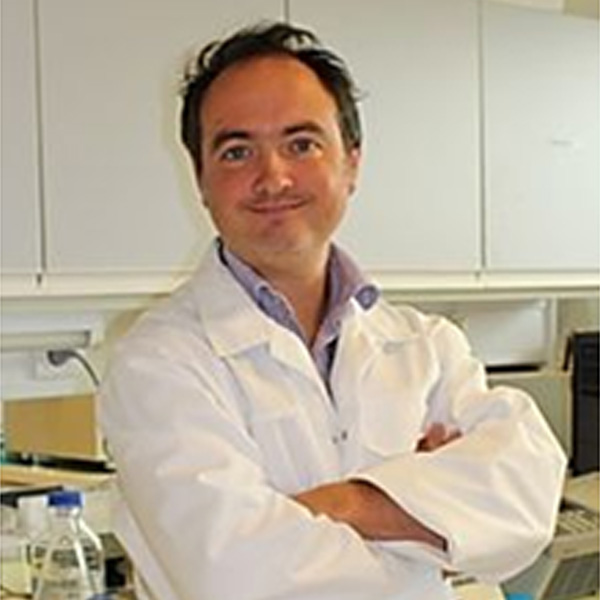
Frank Yates

Frank obtained a Ph.D in Immunology from Sorbonne Université (2003).
Frank’s current research concerns the use of iPSC-based organoids to study neurodegenerative physiopathology, using technologies such as CRISPR-Cas9 geneediting and 3D-imaging.
His is the Secretary of the French Society for Stem Cell Research (FSSCR).
The General Meeting
It gathers together the members of the Institute at least once a year. It votes on its decisions by an absolute majority of the members present or represented.